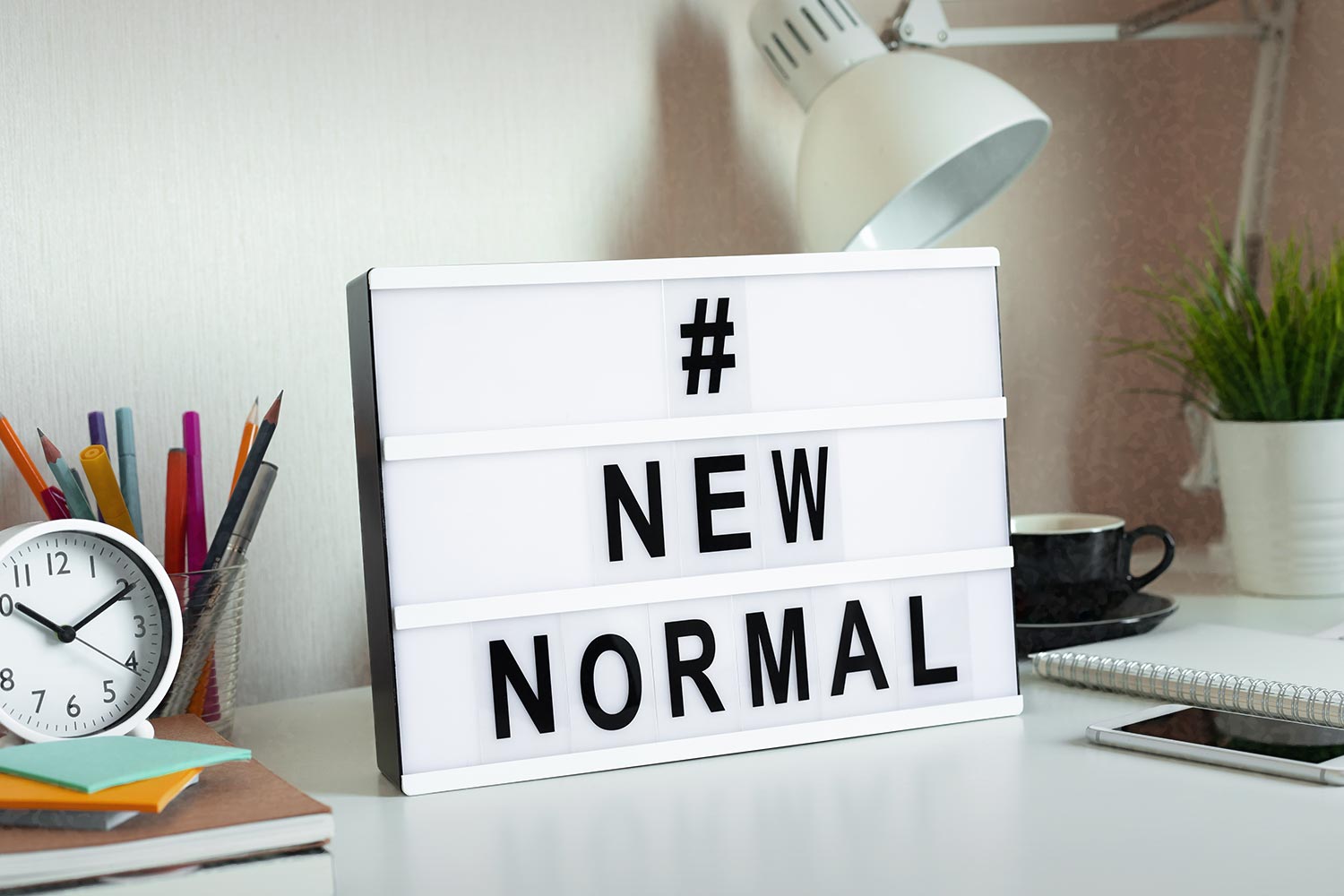The split shift that delays the time to switch off the computer, the insourcing of companies that involves the adjustment between different time zones, or the longer work schedule – with overtime hours standardised for just over 5% of the working population – have contributed to the fact that the working day as a whole exceeds one third of the 24 hours a day. Add to this the 8 hours on average dedicated to rest and the commute from home to work… There’s barely a quarter of the day left to have a personal life and socialise outside the professional environment. This is why the ‘afterwork’ has become so popular in the last decade, providing a new dimension where endogenous interactions can make up for exogenous socio-cultural deficiencies.
However, the pandemic has defused all social contact. It has confined it for the last 12 months and threatens to rationalise it in the short and medium term. Dosing personal relationships has been a social-health imperative and, although human beings are already showing signs of weariness, telecommuting will basically stay the same. Breaks or coffee breaks will catch you in your home office, on your way to the kitchen to start the coffee machine yourself, or waiting for the video call to start. Have we uncovered the importance of work in social life? So it seems.
New dynamics for socialising at work
An important part of social life at work used to take place in group dynamics. Exercises that have been lost along the way. A large part will be solved, mainly through video calls. And, partially, with fortnightly or monthly meetings in rented spaces with which to combat the Hercynian monotony. As long as the teams are based in the same city, that is. Because conventions and summits will be reduced to a minimum due to the complication and cost of logistical and sanitary arrangements.
The importance of social life at work: structuring the working day correctly
And here comes the problem. Not all minds are equally receptive to change and health ostracism. So it is important to establish a starting point in order to help these people reconcile their work and personal lives. Promoting assertiveness in their environment, understanding that there are many ways, and speeds, of dealing with the pandemic.
